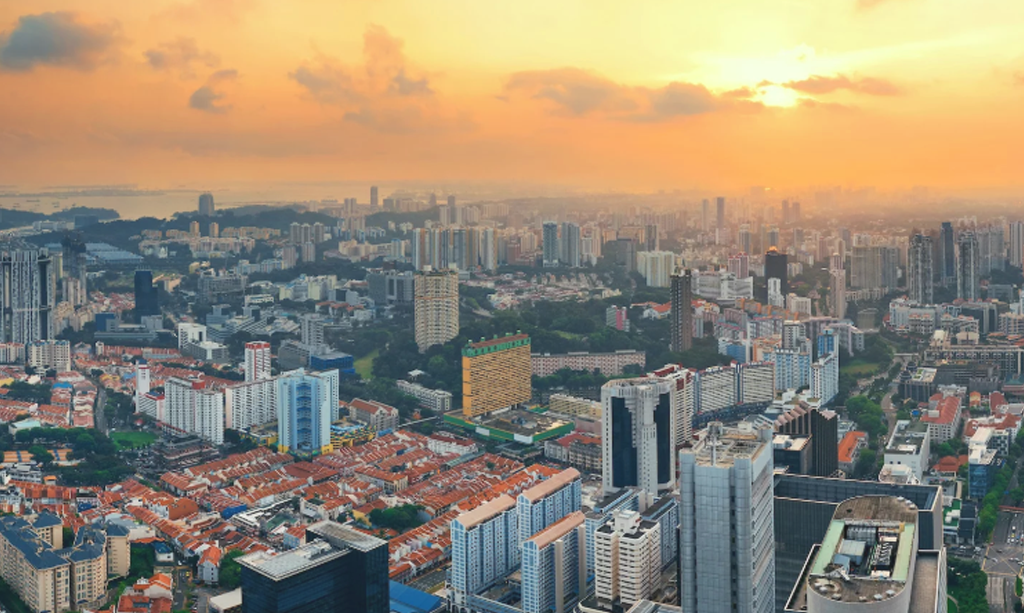As an expat in Singapore, you can understand that the cost of living is higher than that of your home country. Buying their own home in a foreign country is the ultimate dream of every working class expat in Singapore. But buying property in a different country can be a mammoth task with a lot of tricky turns in the path. It certainly is not impossible, but there are things you must know before you venture on to property selection.

The Singapore Property Market
The one thing that you can expect from Singapore’s economic condition is that investment in property is much safer in Singapore. The property market in Singapore has seen an upsurge in the past years with prices showing a 38% increase. This called for an intervention from the authorities, who in turn regulated the market and made it difficult to get a mortgage along with increased stamp duty on the properties. This operation cooled the market down, but the prices still remain unaffordable for many expats. Seeing that Singapore’s property market is highly regulated by the authority, it becomes one of the safest places to invest in property.
Eligibility for Buying Property in Singapore
When it comes to expats, the Singaporean government has kept certain restrictions in order to prevent unnecessary crowd in their city. As an expat, you can always buy condos without having to show your passport to anyone. But the condo must be in a building with just six levels.
As an expat, you must be prepared to face hardships if you wish to buy land in Singapore or a bungalow for example. For the purchase of such properties, one must either be a resident or have proper proof of permanent citizenship. Even if you are now a permanent resident, as an expat you must get special confirmation from the Land Development Authority which has its own terms and conditions.
Costs of Singapore Properties
Most expats in Singapore are working class adults who have an average of S$5596 of monthly salary. This salary might not give you a lot of options when you’re looking for properties, but the general attitude of the Singaporean public towards finances is good. So if you can save enough, before the property market starts swelling again, you can obviously get hands on a modest property.
The price of the property you’re buying will be determined by the location you choose. As noted earlier that expats are generally professionals, one would want to live closer to the city center in order to avoid the daily commute cost. The properties nearer to the business hubs in Singapore like China Square will be double the price than the properties in the area further away from the main city, for example, Jelebu, plus it will add to the daily commute.
When trying to get a mortgage for your property, a recommended 30% of the price of the property must be put away to avoid any market downturns and interest rate hikes. When you apply for a mortgage, the bank might want to review your Total Debt Servicing Ratio (TDSR) to establish your borrowing limit. The common percentage that an expat can receive as a loan is 80% of the total cost of the property evaluated by the bank. You must also look after the overheads like property maintenance, insurance, property taxes, and the recent extra 15% stamp duty for the expats. But this external cost can be waived in some special cases, so always seek an official to know about the proper terms of service.
Confirming the Value of the Property
If you have your eyes on an interesting property, you must never rush before you have properly evaluated the property. This is a necessary step in order to be safe from paying big amounts for a property that is not worth it. So when it comes to buying property, always take the help of a bank to determine its value. If you’re confused about the pricing, go to Inland Revenue Authority, where you can learn the selling price of a similar property.
Once you have covered all the aspects of house hunting mentioned above, you’ll have to pay 1% of the total cost as a non-refundable deposit. In two weeks you must pay another 4% of the cost and then you have an 8-12 week period to pay the rest of the amount. We would also recommend that you hire a property lawyer for a short period until you get your dream home without any legal or financial trouble.
Good Money Lender in Tampines – Accredit Pte Ltd
In any event, you need urgent money for your family hospitalization fee or other bills, Accredit Moneylender is your best choices. Keep in touch with Accredit Licensed moneylender to apply for the lowest short-term loan in Tampines. Accredit does not only focus to be a reliable moneylender but also a legal moneylender that offering loan with the lowest interest rate.
Our loan advisor gives every client the best consult. Regularly, we are updating our staff moneylending knowledge to comply with MinLaw rules and regulations.

